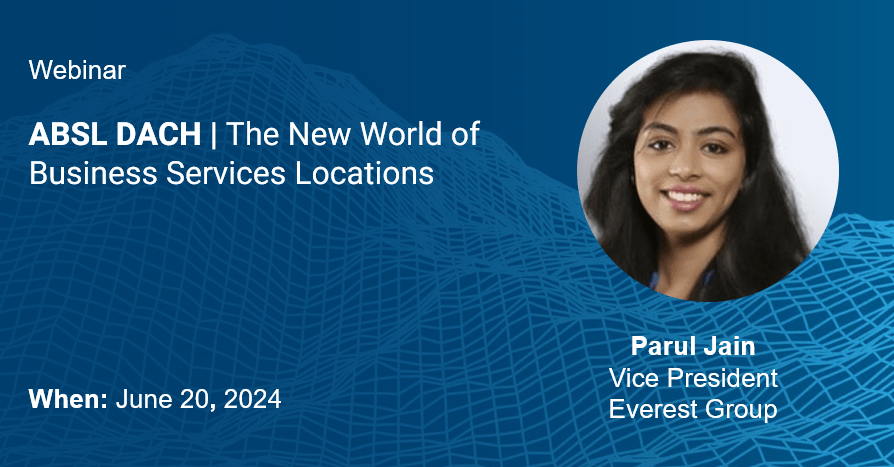Get forward-looking locations insights
Advance your locations strategy with comprehensive insights, powered by Everest Group’s global on-the-ground experts.
Having a balanced and well-diversified locations strategy has never been more important. Don’t be left at a standstill by ever-changing geopolitical, economic, and talent landscape changes – drive your organization to success with the right insights.











